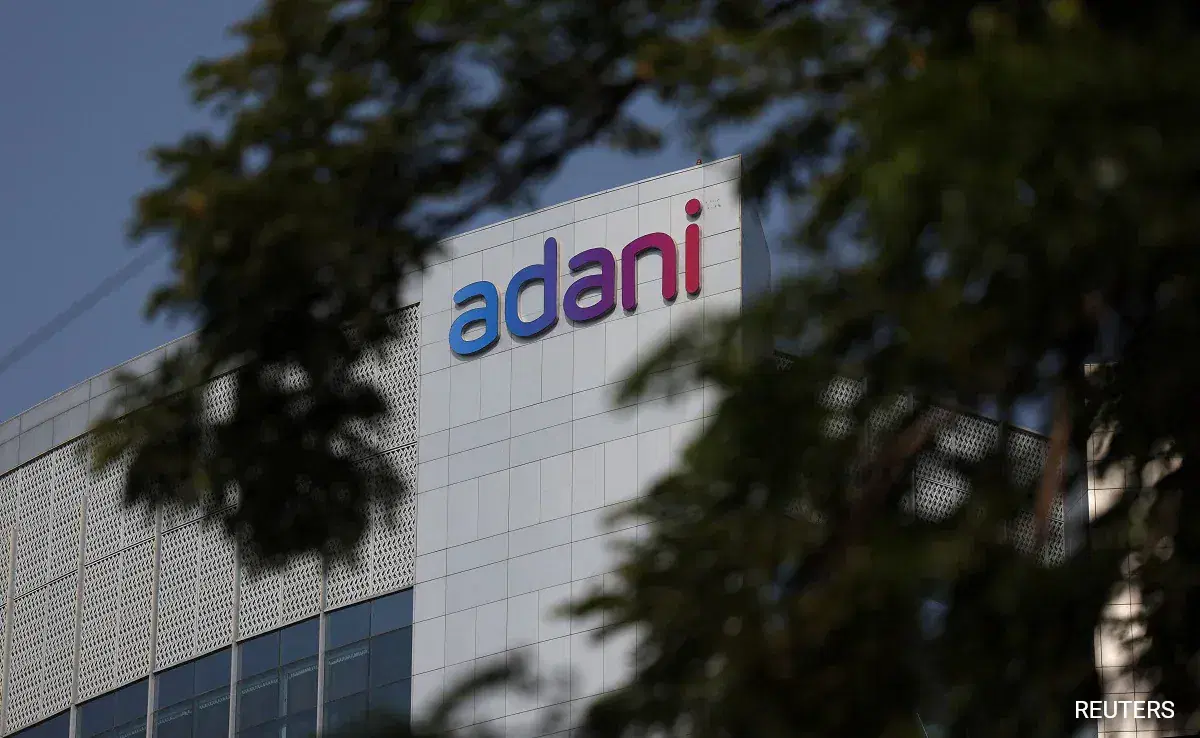Global markets are reeling from heightened volatility sparked by U.S. President Donald Trump’s aggressive trade policies, including new tariffs, paused duties, and unprecedented escalations on Chinese goods.
The uncertainty has triggered significant capital shifts, with investors pulling funds from U.S. equities and redirecting them to European and Japanese markets, as well as riskier assets like cryptocurrencies and high-yield bonds, according to a Bank of America report.
BofA strategists revealed that U.S. equities experienced a $8.9 billion outflow in the week ending April 30, with a net $5 outflow for every $100 inflow since the 2024 presidential election.
In contrast, European equities attracted $3.4 billion, while Japanese equities saw a robust $4.4 billion influx—the largest weekly inflow since April 2024.
Investors appear to be embracing risk amid the turbulence.
BofA noted $2.3 billion flowing into cryptocurrencies and $3.9 billion into high-yield bonds over the same week.
Meanwhile, safe-haven assets like gold and U.S. Treasury bonds faced $6 billion in collective outflows, signaling a bold shift in investor sentiment.
The data underscores the far-reaching impact of U.S. trade policies on global markets, as capital seeks stability and opportunity beyond Wall Street.
Bank of America revealed that its private clients, managing a total of $3.7 trillion in assets, have become increasingly concerned about deflation risks in the U.S. over the past four weeks, shifting their focus away from inflation concerns.









